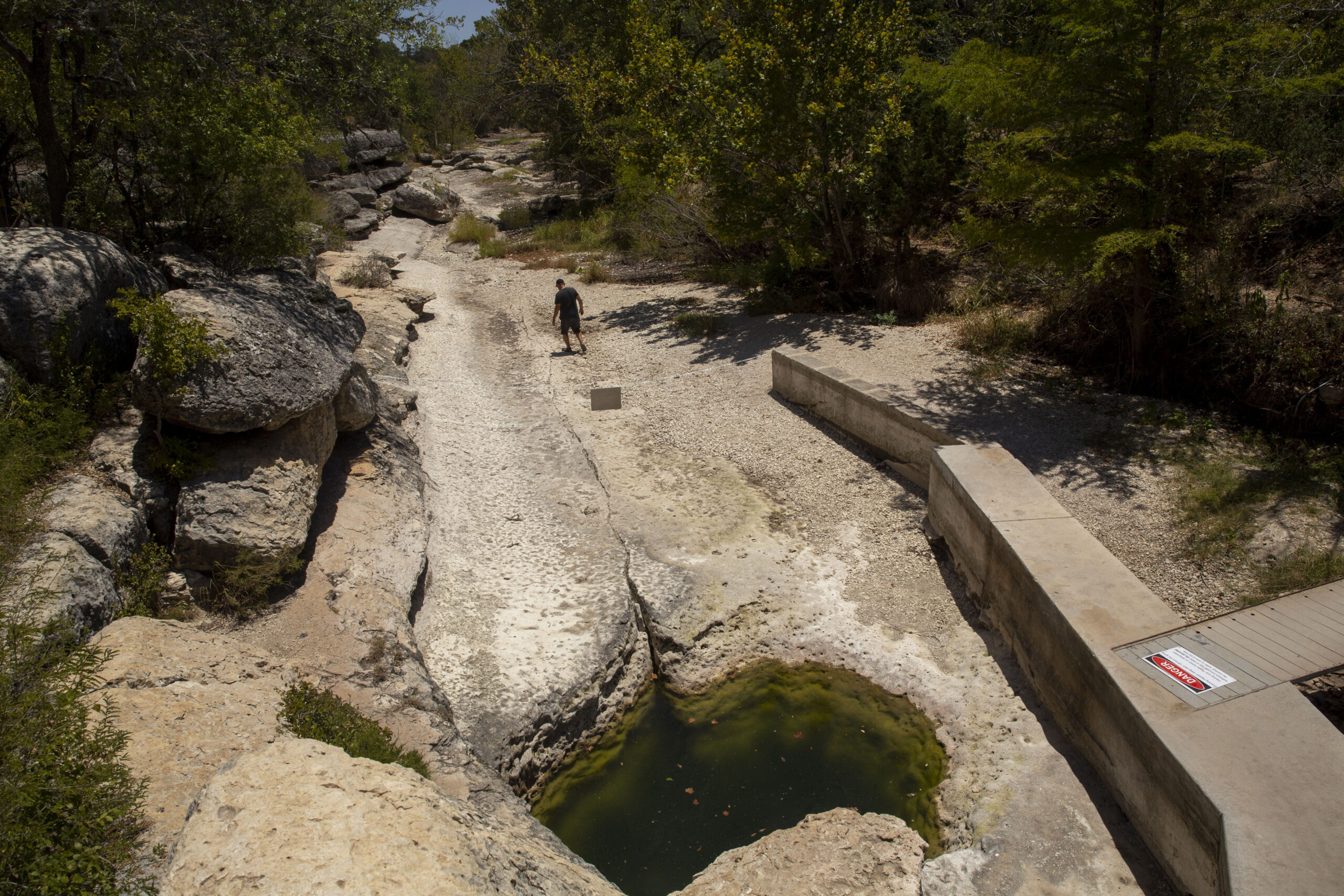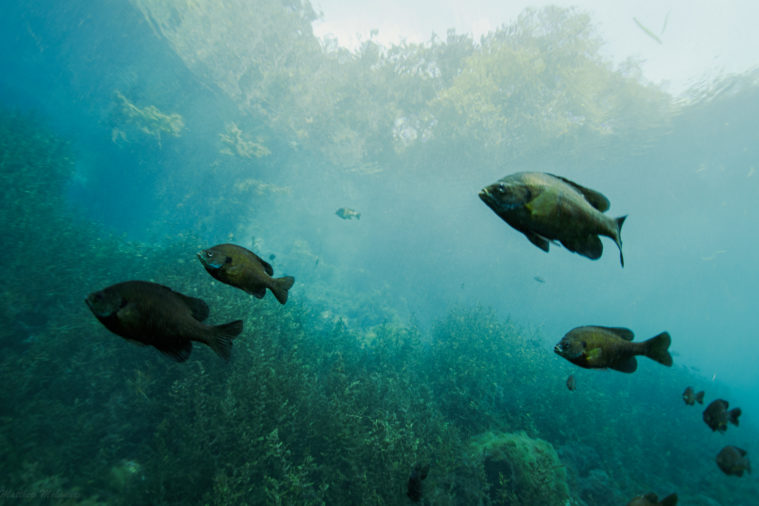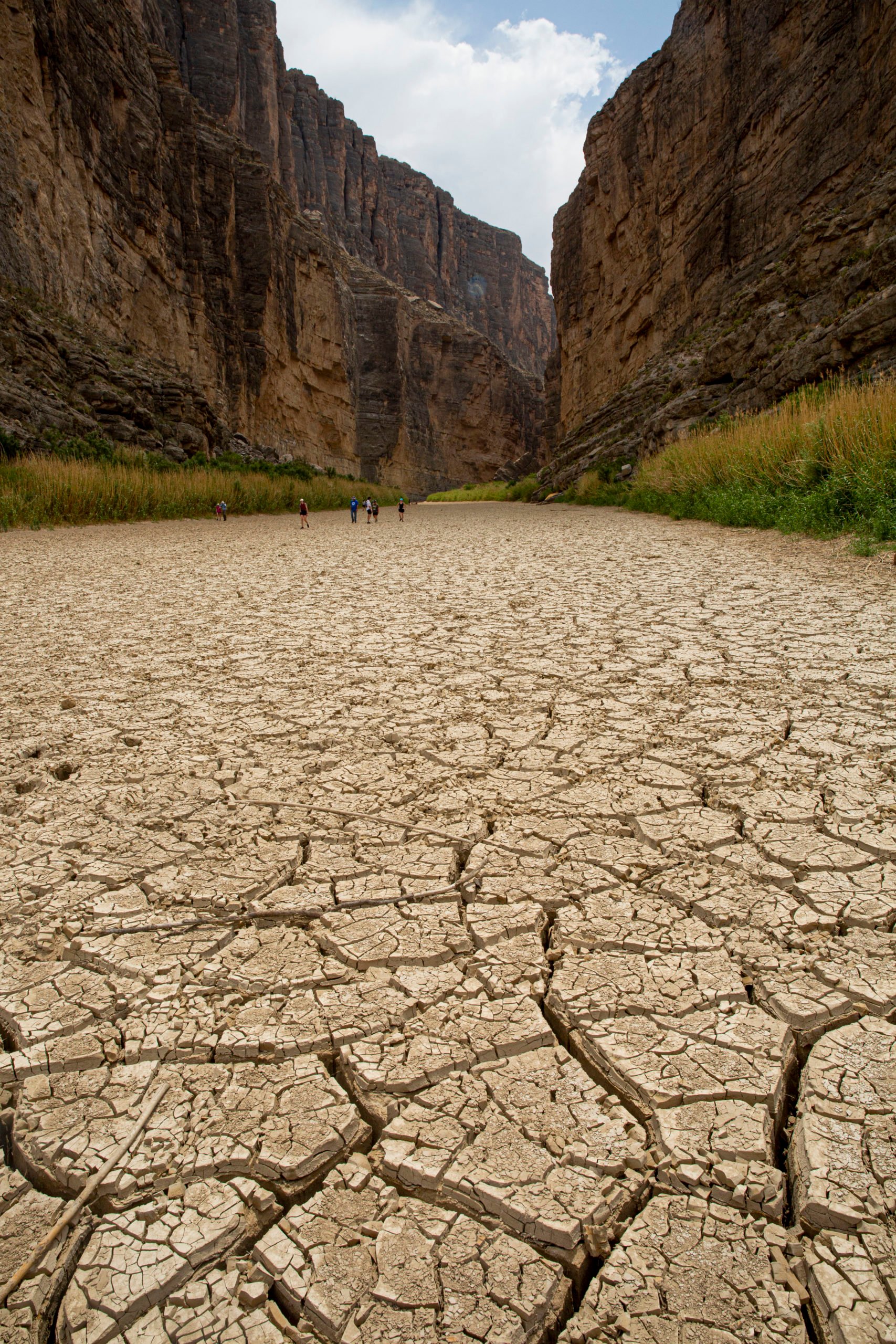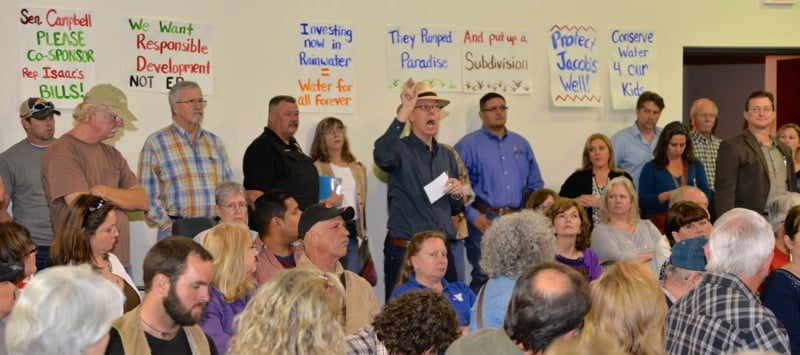
Hill Country Water Torture

A version of this story ran in the March 2015 issue.
[Ed. note: The original version of this story ran in the March issue of the Observer.]
Coming into Wimberley from Kyle, the suburban plains subtly give way to the Hill Country. The homes grow fewer, the land begins to ripple, the soil thins and the limestone starts outcropping. For me, the Hill Country begins somewhere around the Hays City Store, near the precinct line, the last stop for a six-pack before you enter the dry part of Hays County.
By the time you pass St. Stephen’s Church and drop down into the little valley that holds spring-fed Lone Man Creek, where, in the fall, the red oaks look like ripe pimento in the green cedar canopy, you’ve reached the Hill Country. It’s in this liminal zone, 10 miles or so west of the roar of I-35, where many people have discovered recently that they reside in what water experts call a “white zone”—a part of the state that has no local groundwater district and therefore no pumping regulation. In the third of the state that lies in a white zone, the 110-year-old Rule of Capture is in full effect.
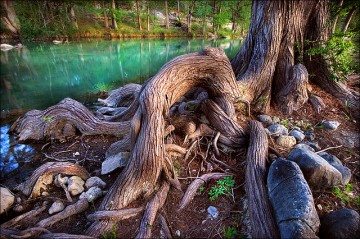
The Rule of Capture is, in legal terms, a law of non-liability: It holds that you can pump as much groundwater from beneath your land as you want, and there’s not a thing anyone else can do about it. It’s a downright unneighborly law, but it can make for good profit. A private company, Electro Purification, recently moved into the Hays County white zone to take advantage. It plans to pump up to 5.3 million gallons per day from the stressed Trinity Aquifer to supply water to the I-35 boomtown of Buda and two large master-planned communities. That’s enough water for at least 30,000 people.
I’ve seen my share of water fights in Wimberley, where I went to high school and where my parents still live, but the Electro Purification deal has inflamed people unlike any other. There’s the way the company slunk into the area like a thief in the night. There’s the Byzantine nexus of local politicos, engineering firms and wheeler-dealers. But mostly there’s the sense that something precious is being stolen.
“It’s Trinity water, not ‘infinity’ water” is the rallying cry that has brought together a mix of retirees, cedar choppers, Austin expats and various all-purpose weirdos who call Wimberley home. The Trinity is indeed finite—and declining. Like many Texas aquifers, it’s being relentlessly mined. That’s the inevitable result of a growth-at-any-cost, anti-regulatory mentality that, left unchecked, will eventually sap Texas of vitality—first ecologically, and then economically. Overpumping, compounded by drought, is draining our springs, creeks and rivers, and straining private wells. Water marketers such as Electro Purification threaten to hasten the process on an industrial scale.
In early February I attended a Wimberley town hall meeting hosted by state Rep. Jason Isaac (R-Dripping Springs). One Facebook wag had a perfect description of the scene: “It was [a] rollicking good Texas time, complete with traffic jam, packed hall, TV cameras, signs galore, good guys, bad guys, fat cat lawyers, tanned developers, tears, confrontations, and best of all, a couple pissed-off politicians.”
Wimberley and Texas need a system—and a mindset—that makes conservation the rule, not a luxury.
It’s unclear what can be done. Isaac has filed bills that would allow nearby groundwater districts to annex the white zone, but no one knows if that would stop, or even limit, the Electro Purification project. And Isaac and state Sen. Donna Campbell, both tea party types, have in the past shown little appetite for giving local groundwater regulators the funding and tools they need. Isaac has said he’s absolutely against any new property tax, though that’s how almost every groundwater district in the state is funded.
But if any community can beat the odds it’s Wimberley. My hometown has an extraordinary amount of civic engagement on environmental issues, with more than its fair share of affluent retirees who love a good fight. It doesn’t hurt that the natural beauty of the area is known far beyond that corner of the Hill Country.
Citizens have formed the non-profit Trinity Edwards Springs Protection Association and are working with Jim Blackburn, a veteran Houston environmental attorney who owns a home on Lone Man Creek, to prepare legal action. One option is to pressure the Edwards Aquifer Authority, the grandaddy of state groundwater entities, to administer the Electro Purification project. Although the Edwards Aquifer Authority’s jurisdiction only extends to the aquifer of that name. The Edwards, which is the primary source of drinking water for San Antonio, is a big aquifer, but it’s also highly sensitive to drought and pumping.
Blackburn claims that the Edwards and the Trinity—both are karsty, “leaky” aquifers—are interconnected enough that what happens in one can impact the other. Blackburn says he’s preparing a letter to the authority outlining a case for regulating the portion of the Trinity in western Hays County not covered by a local groundwater district.
Meanwhile, Blackburn is preparing a lawsuit against Electro Purification that will seek to overturn the Rule of Capture. Blackburn said the Texas Supreme Court’s 2012 decision in Day vs. Edwards Aquifer Authority—the last big landmark groundwater case—is at conflict with the way the Rule of Capture works. In Day, the court established an absolute private property right to groundwater “in place” beneath the land but the Rule of Capture permits groundwater to be drained by a neighbor.
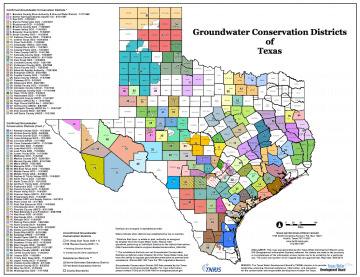
“The regulation is piecemeal and the rules are unfair—they allow private property to be taken,” Blackburn said. “If it was a government entity that did that you could sue them for inverse condemnation.”
Overturning, or significantly modifying, the Rule of Capture is a hugely ambitious goal, but Blackburn is no stranger to tough environmental fights. He represented the nonprofit Aransas Project in a federal lawsuit that challenged Texas’ management of water rights in the Guadalupe and San Antonio rivers. In 2013, a federal judge agreed with the Aransas Project that the state had violated the Endangered Species Act by failing to ensure enough freshwater reached the winter habitat of the endangered whooping crane along the coast. (The environmentalists lost at the Fifth Circuit but are appealing that decision to the U.S. Supreme Court.)
Wimberley and Texas need a system—and a mindset—that makes conservation the rule, not a luxury. Some water-stressed areas may have to discourage growth and require rainwater catchment and graywater reuse systems on new homes. I know that sounds crazy in this political climate, but it’s not as nuts as flushing an aquifer away. You don’t miss your water till the well runs dry.
